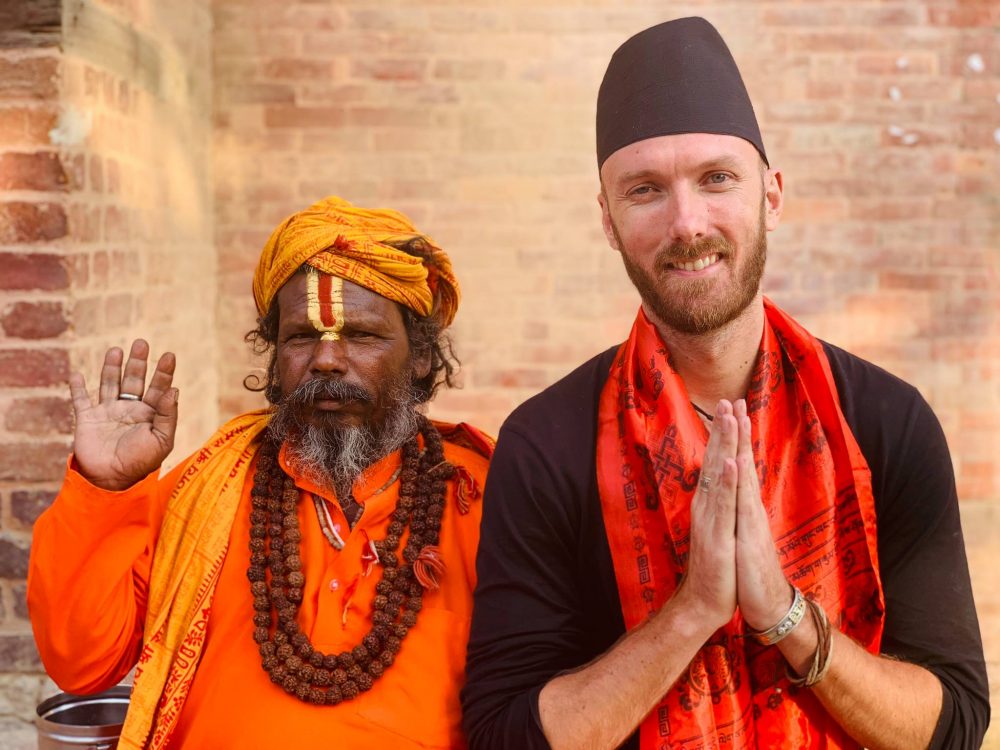I’m anti-conclusion.
I spend a considerable amount of energy resisting the temptation to come to conclusions. What is a conclusion exactly? Conclusions are defined as the end or finish of an event or process. What’s the process that ends when we come to a conclusion?
Thinking ends.
Curiosity ends.
Exploration ends.
The moment we come to a conclusion, we are done learning. Our cup is full. We have the answer. We are no longer open to new information, no matter how compelling that information may be.
There are conclusions about places: I don’t like America. I hate Walmart. I could never work at XYZ company, that place is evil.
There are conclusions about people: My boss is an idiot. My neighbor is an a%&hole.
There are conclusions about concepts: Capitalism is the only way. Marriage is a sham. There is a God. There is no God.
There are conclusions about the self: I’m not destined for great things. I’ll never make it. The best parts of my life are behind me.
It’s no wonder that we’re seduced by the allure of conclusions. They feed the ego, they give us a (false) sense of certainty, and they relieve us from needing to continue refining and revising our perspective. Conclusions are, at their core, the ultimate form of cognitive laziness. They instill confidence but not clarity, and the faster you form them the greater the error. When you’re certain, there is always a fight. When you’re not certain, there is always a dialogue.
So what’s the solution?
The solution is so easy it’s hard.
The solution is: not knowing.
The solution is for all of us, collectively, to be less sure, to practice not knowing, and to refuse to give in to the gravitational pull toward forming what I call “capital ‘C’ conclusions.” The solution is to never allow yourself to put a period at the end of your judgments; to always leave the door open to change your perspective.
At first glance, it may seem as though not knowing is weak and docile. That’s the ego talking. The real truth is that not knowing is tremendously powerful. When you say “I do not know,” an immensity of possibility arises because the longing to know — the curiosity to know — gets activated, and the potential of knowing becomes a reality. When we don’t know we become highly conscious, alert, and aware, as we seek to increase our understanding about the world around us.
Human intelligence is at its best when we do not know.
But of course, I could be wrong.

